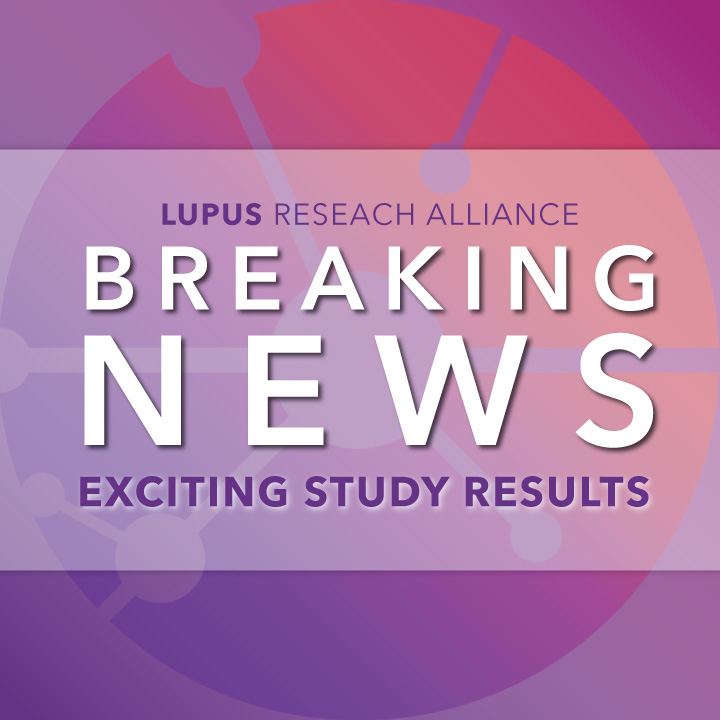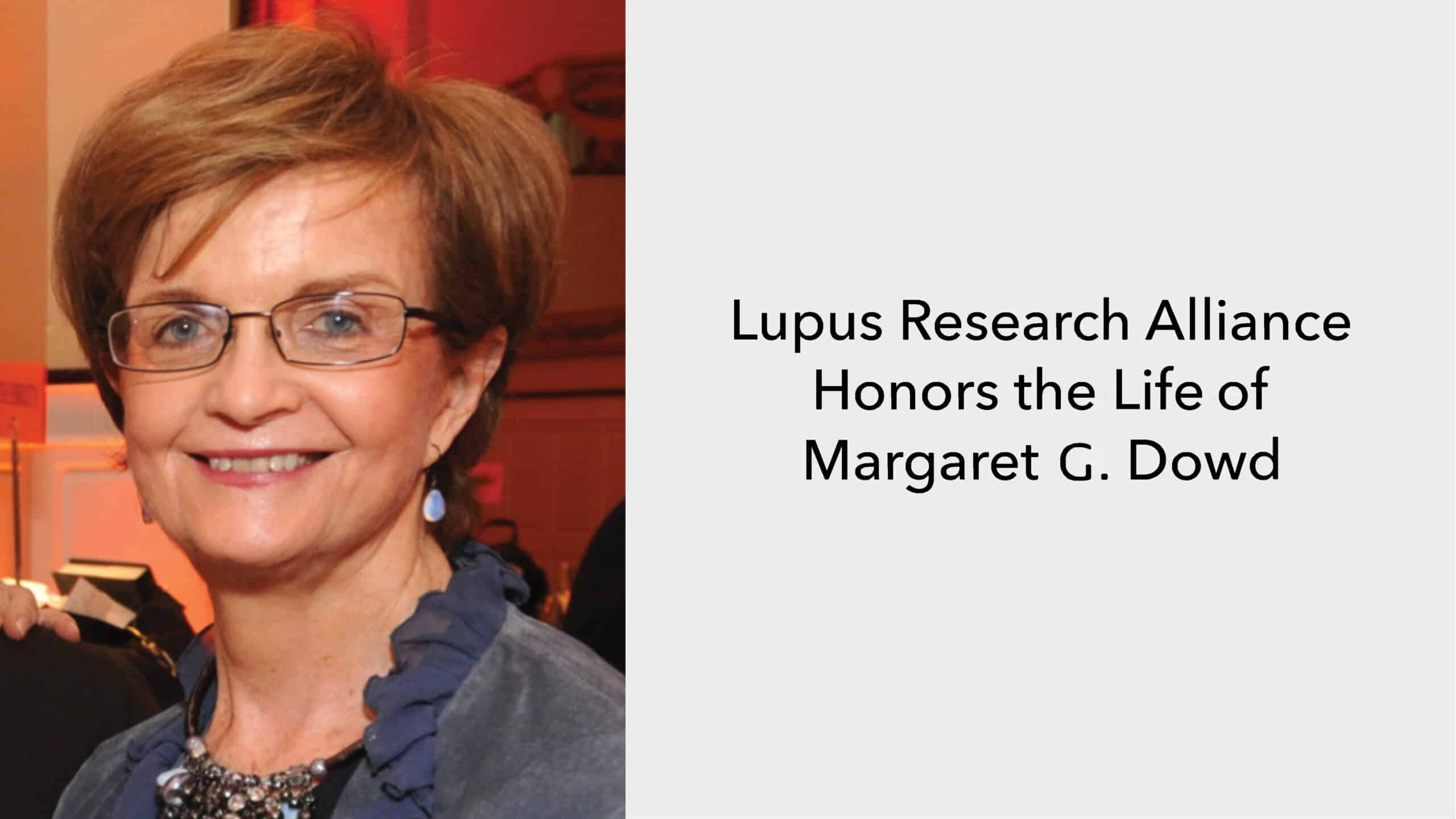LRA Congratulates AstraZeneca on Positive Data on Anifrolumab Presented at Major Medical Meeting

LRA Congratulates AstraZeneca on Positive Data on Anifrolumab Presented at Major Medical Meeting
June 3, 2020
The Lupus Research Alliance (LRA) is encouraged by positive data from two studies presented at the European League Against Rheumatism (EULAR) virtual annual congress on the use of the investigational medication anifrolumab as a potential treatment for people with lupus. Anifrolumab is a novel drug that works by blocking a group of proteins produced by the immune system called type I interferons that promote inflammation.
During the conference, held online this year due to the COVID-19 pandemic, renowned Australian researcher and LRA awardee Dr. Eric Morand of Monash University shared the results of two randomized, double-blind, controlled phase 3 trials, TULIP-1 and TULIP-2.
In TULIP-1 and TULIP-2, 47.2% and 47.8% of patients respectively responded to treatment with anifrolumab throughout the first year, as evaluated by a standard measurement tool called BICLA. BICLA stands for the British Isles Lupus Assessment Group-based Composite Lupus Assessment. Most notably, these responses were seen as early as eight weeks after starting treatment with anifrolumab and were sustained across the year. In comparison, the response rates for participants who received a placebo were 29.9 percent in TULIP-1 and 31.3 percent in TULIP-2
Dr. Morand also presented data from TULIP-1 and TULIP-2 that showed BICLA responses were consistently higher in people treated with anifrolumab than in patients who received a placebo, in each subgroup of patients characterized by age, gender, age when first diagnosed, race, disease severity, level of interferon, and other characteristics.
“Pioneering work from LRA funded research into the interferon pathway continues to be validated by these further analysis of the TULIP program phase 3 data, which show the effects of interferon blockade in SLE occur quickly, are sustained, and are not affected by patient variables,” said Dr. Morand. “The whole field is hoping that patients can benefit from this new potential treatment if it is approved by regulators.”
Anifrolumab an Outcome of Early Interferon Research
Research has shown that 60-80 percent of adults and most children with lupus have high levels of type I. The Lupus Research Alliance and its legacy organizations have sponsored nearly two dozen studies on type I interferons, including work that identified a unique combination of genes that is switched on in the blood of lupus patients.



